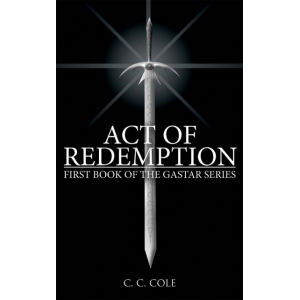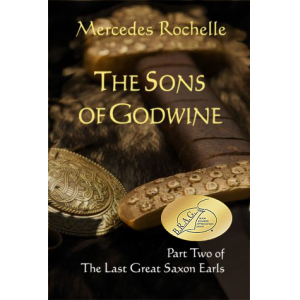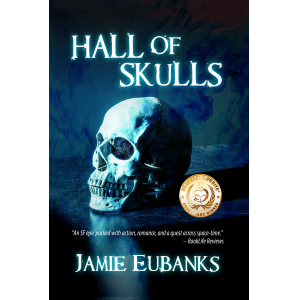- Author
- Book
- Story behind the book
- Media Links
- Reviews

Julian Lowenfeld
About
Reverence for Russian Literature runs deep in Julian Lowenfeld's family. Hisgreat-grandfater, Raphael Lowenfeld, St. Petersburg correspondent for thenewspaper Berliner Tagesblatt, was the first translator of Leo Tolstoy's worksinto German, and the author and editor of Conversationswith and about Tolstoy, a literary interview/biography of thenovelist. He also founded Berlin's celebrated Schiller Theater.
About 100 years later Julian began studying Russian literature at HarvardUniversity. He wrote his honors thesis on Andrey Bely's masterpiece,Petersburg, under the direction of Professor Donald Fanger, and then studiedRussian literature at Leningrad State University and continues his studiestoday with noticed Puskin scholar Nadyezhda Braginskaya. A graduate ofNew York University School of Law, he is a practicing trial lawyer in New YorkCity, specializing in Federal cases and the defense of intellectualproperty. Other recent works include a full-length musical play, Thanksgiving, a lyrical-dramaticexploration of first love, conflicted family relationships and coming and age,and Nonetheless, a book of lovepoems, meditations and translations. The world premiere in English of Puskin'sLittle Tragedies in Lowerfeld's verse translated was staged in November 2009 atthe Baryshnikov Arts Center in New York.

Ascending Voice
Description
<p>Ascending Voice is a collection of love, loss, vulnerability and healing. The book speaks of self-love while finding the way through the lotus, a symbol of life. There are fifty journal pages at the end of the book to encourage any feelings that come up to be expressed. This journey of poetry and inspiring prose includes affirmations, mantras, and Dear Self letters. This book is for anyone who has ever been lost or through dark times and wishes to be inspired.</p>






